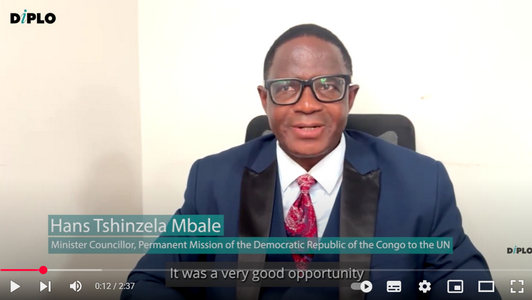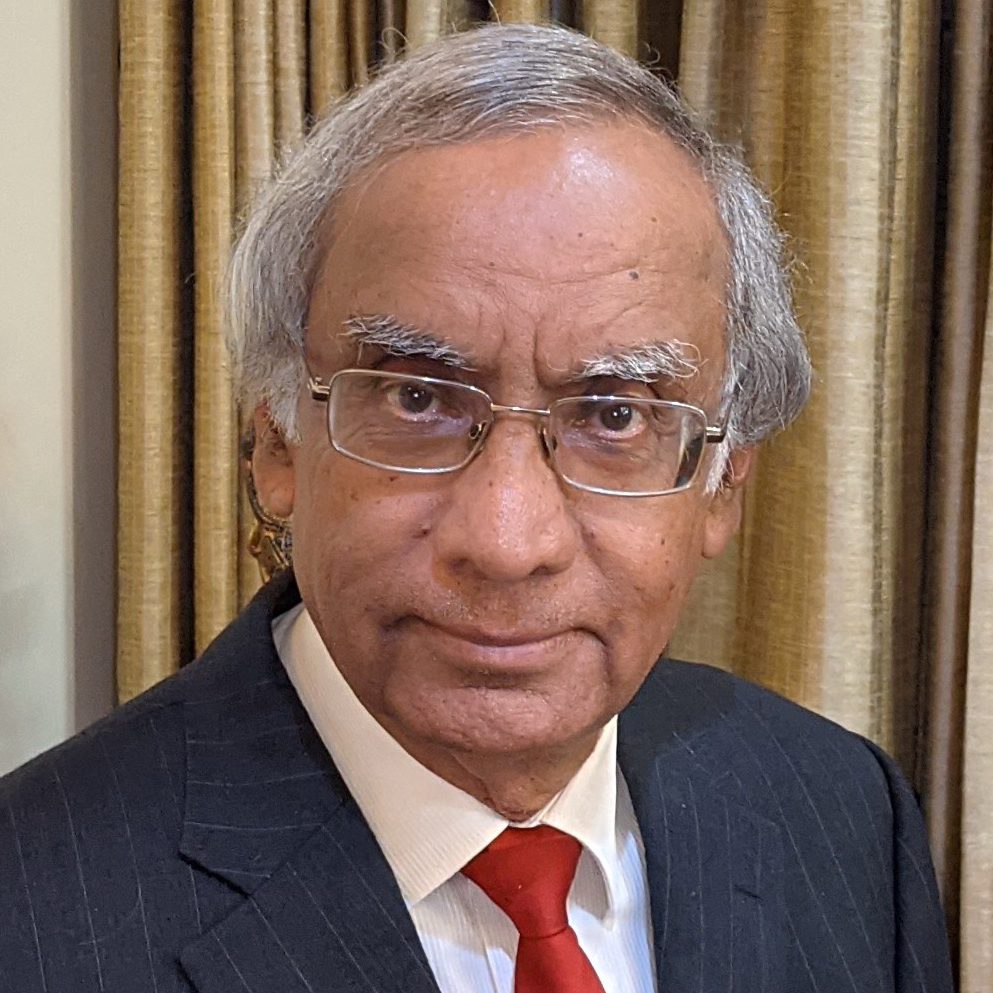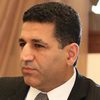Text – Shannica Plummer-Antoine
 With the advent of globalisation, diplomacy has been transformed both in content and nature. The course provided greater insights into the changes in international affairs that are the result of globalisation, as well as how foreign ministries have had to adapt to these changes. This course has also broadened my knowledge and enhanced my ability to reason.
With the advent of globalisation, diplomacy has been transformed both in content and nature. The course provided greater insights into the changes in international affairs that are the result of globalisation, as well as how foreign ministries have had to adapt to these changes. This course has also broadened my knowledge and enhanced my ability to reason.
– Ms Shannica Plummer-Antoine, Foreign Service Officer, Regional Unit, Political and Economic Division, Ministry of External Affairs, International Trade and Civil Aviation, Saint Lucia
 The course offers useful and thorough insight into contemporary diplomacy for practitioners of this discipline. It conveys opportune reflections on the evolution of diplomatic tasks and encourages new approaches to diplomacy through intense feedback and benchmarking.
The course offers useful and thorough insight into contemporary diplomacy for practitioners of this discipline. It conveys opportune reflections on the evolution of diplomatic tasks and encourages new approaches to diplomacy through intense feedback and benchmarking. The course offered an opportunity to understand the impact of globalisation in diplomacy and in facilitating the greater use of information and communications technology. It also helped me understand how the public, who wants to have a say in diplomacy, can have better access to information. I particularly liked the area of public diplomacy and the importance of understanding sources, influences, and public contributions in diplomacy, and calls for the consideration of their views in making policies and decisions in diplomacy.
The course offered an opportunity to understand the impact of globalisation in diplomacy and in facilitating the greater use of information and communications technology. It also helped me understand how the public, who wants to have a say in diplomacy, can have better access to information. I particularly liked the area of public diplomacy and the importance of understanding sources, influences, and public contributions in diplomacy, and calls for the consideration of their views in making policies and decisions in diplomacy. The course has helped me to redefine my role as a diplomat and to appreciate the emerging challenges and responsibilities of diplomacy today, including the role of new actors like NGOs, think tanks, and academics. I have learned to appreciate other stakeholders as partners and not competitors to the Ministry of Foreign Affairs in the conduct of foreign relations.
The course has helped me to redefine my role as a diplomat and to appreciate the emerging challenges and responsibilities of diplomacy today, including the role of new actors like NGOs, think tanks, and academics. I have learned to appreciate other stakeholders as partners and not competitors to the Ministry of Foreign Affairs in the conduct of foreign relations. Rich in substance and examples, this course offers a learning path of why and how diplomacy should adapt to a constantly changing world. It provides theoretical and practical knowledge, becoming an essential tool to all diplomats and others interested in diplomacy and its evolution.
Rich in substance and examples, this course offers a learning path of why and how diplomacy should adapt to a constantly changing world. It provides theoretical and practical knowledge, becoming an essential tool to all diplomats and others interested in diplomacy and its evolution. The course has been exceptionally beneficial to my professional work. Its focus on digital diplomacy and global issues provided me with a deeper understanding of current diplomatic practices, which has enhanced my strategic planning and decision-making skills.
The course has been exceptionally beneficial to my professional work. Its focus on digital diplomacy and global issues provided me with a deeper understanding of current diplomatic practices, which has enhanced my strategic planning and decision-making skills.





